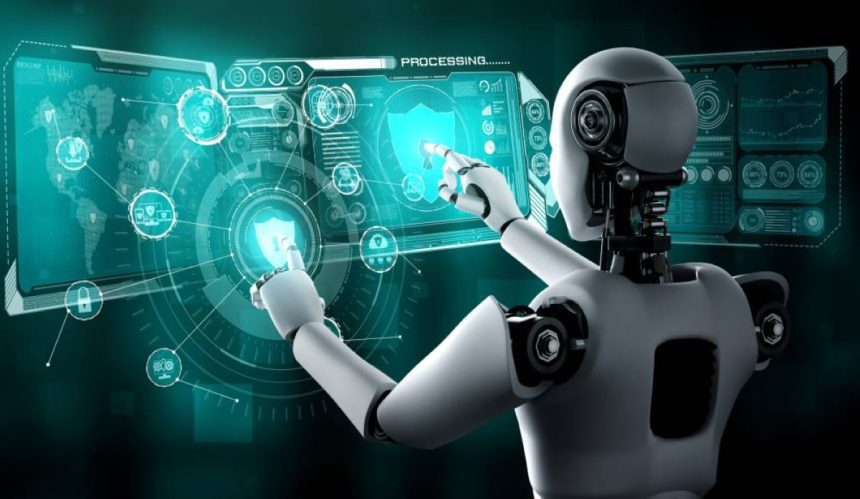Does AI Reduce the Quality of Employees Work ?
Researchers at Stanford University, USA have found that experienced and productive employees who frequently use AI in their work eventually experience a decline in the quality of their output.
At the same time, less experienced and less productive employees show greater productivity and faster task completion when using AI.
According to the study conducted by Stanford researchers and published in the Quarterly Journal of Economics, issued by Oxford University.
Some workers recorded an increase in the number of tasks they performed per hour when using AI.
While more experienced and efficient employees saw a decline in the quality of their work when relying on AI.

Will AI Replace Humans ?
However, frustrated or dissatisfied customers were less likely to file complaints or seek to escalate issues to higher management when interacting with an AI system compared to human customer service representatives.
After studying approximately 5,200 customer service employees at a Fortune 500 company that uses AI technologies, Stanford researchers discovered that the effects of AI on productivity “vary significantly.”
Among the main concerns surrounding AI is the possibility that it could replace humans in performing many jobs.
Not just those that are computer-based.
Last year, the American investment bank Morgan Stanley stated that the emergence of AI systems with “human-like traits” could lead to the loss of millions of jobs in farms and factories by mid-century.

Is Employees Work Advancing with AI ?
Last month, a research team at Oxford University suggested that AI systems like ChatGPT could reduce the need for people performing “repetitive” clerical work.
But at the same time, they would create new jobs for individuals with “complementary” skills that enhance AI’s capabilities.
Maria del Rio-Chanona from University College London noted that despite concerns about widespread job losses.
“This study suggests a more balanced reality.”
At the same time, AI systems face criticism for their tendency to “hallucinate,” an industry term describing their propensity to produce inaccurate or even nonsensical answers depending on the user’s query.
However, proponents argue that AI is advancing so rapidly that it may soon surpass humans in most tasks.
Potentially by 2027, according to a prediction made by Dario Amodei, CEO of the American AI company Anthropic, in January of this year.
The General Civil Aviation Authority announced yesterday that the civil aviation sector in the country recorded a record performance during the year 2024, with passenger traffic increasing by 10%, reaching about 147.8 million passengers, compared to 134 million passengers in… pic.twitter.com/1FC0yiQHL4
— UAE Voice (@uae_voiceeng) February 7, 2025
DeepSeek: A Potential Leap Forward
Just days after Amodei’s warning, the advanced technology and AI sector was shaken.
Due to the sudden emergence of the large language model RW-1 from the Chinese startup DeepSeek.
This Chinese-made AI model was initially described as a potential leap forward for AI.
As it appeared to match American models like ChatGPT but at a significantly lower cost.





